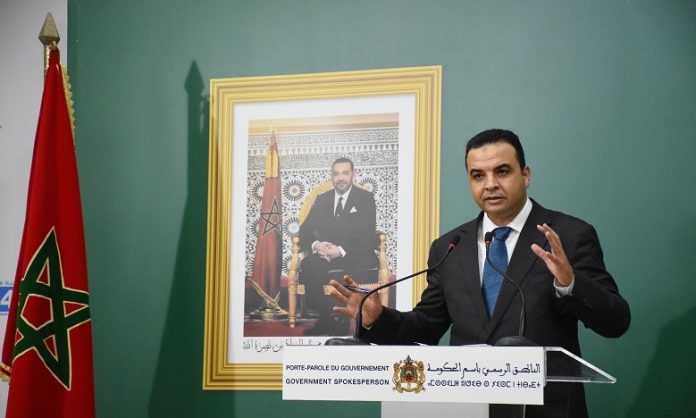In a recent session held in Rabat, the Moroccan Government Council approved several key decree projects aimed at fulfilling commitments from social dialogue discussions. The session, led by Minister Mustapha Baitas, spokesperson for the government, saw the endorsement of numerous measures designed to improve the status and remuneration of various public sector employees.
The decrees cover a wide range of public service roles. Among the significant changes are the establishment of specific statutes for inter-ministerial bodies, including administrators, engineers, architects, writers, technicians, administrative assistants, and assistant technicians. These changes are intended to formalize and enhance the roles within these bodies, ensuring clearer career paths and better job security.
Additionally, the council approved decrees concerning the remuneration system for inter-ministerial technicians and specific statutes for professional training institution instructors. New measures also include an administrative hierarchy allowance for central administration officials, public administration personnel, and staff in specific ministry departments. Furthermore, a decree was passed concerning the specific statute for the Inspectorate General of Finance.
The meeting also saw the approval of statutes for the staff of the House of Representatives and the House of Councillors, the personnel of the Ministry of Foreign Affairs and Cooperation, and the creation of a legal advisors’ body for the General Secretariat of the Government. Moreover, the council set new allowances and benefits for magistrates across various grades, ensuring more competitive and fair compensation.
Other approved decrees pertain to:
- The specific statutes for penitentiary and reintegration administration staff.
- The Supreme Judicial Authority personnel.
- Customs and indirect tax administration officials.
- Financial jurisdiction magistrates.
- The Competition Council staff.
- Establishing a senior study officer role in various ministries.
- The specific statute for labor inspectors.
The session also addressed the specific statutes for national security personnel, cultural affairs ministry staff, and officials within the Ministry of Economy and Finance, indicating a comprehensive approach to improving employment conditions across different sectors of public service.
These reforms reflect the government’s commitment to enhancing the working conditions, career development, and remuneration of public sector employees, thereby aiming to boost morale and efficiency within the public administration.





